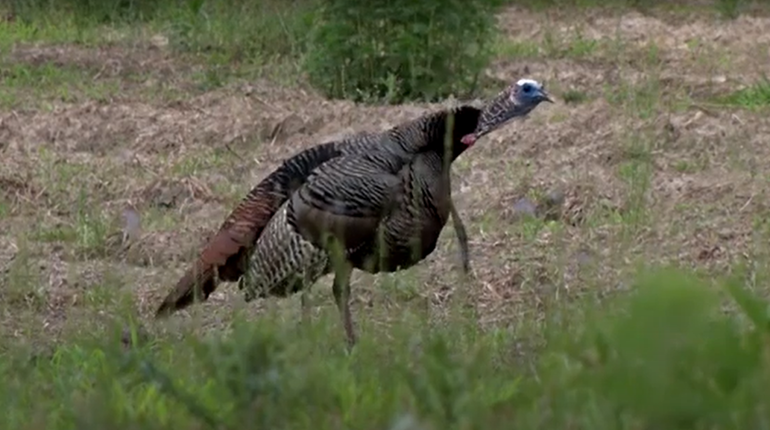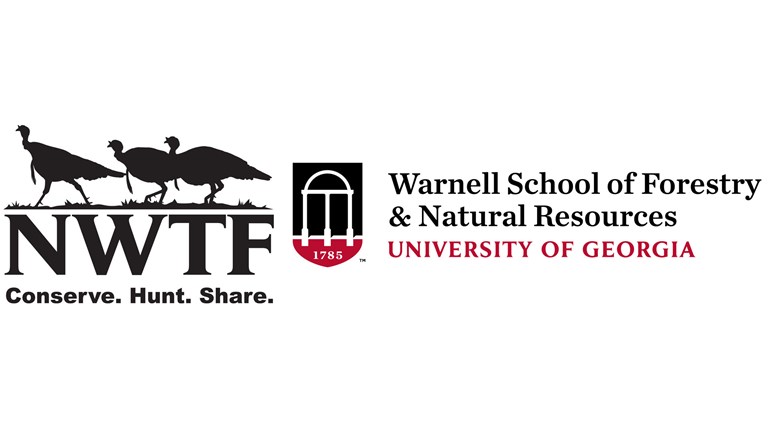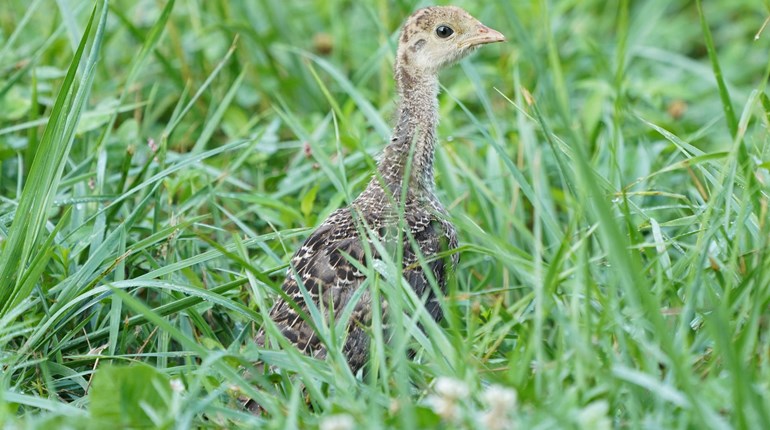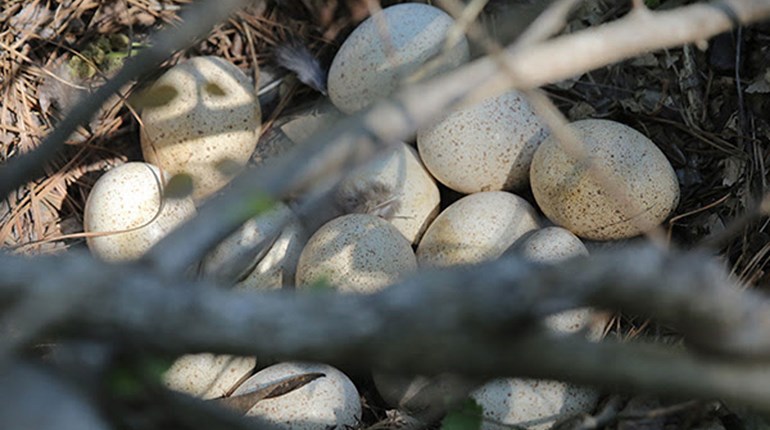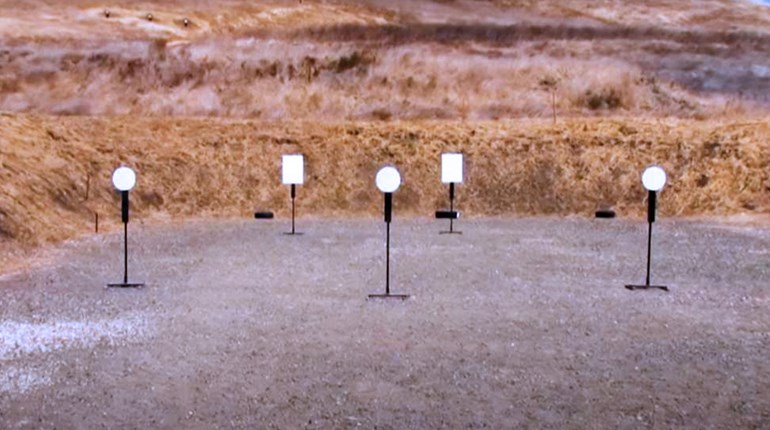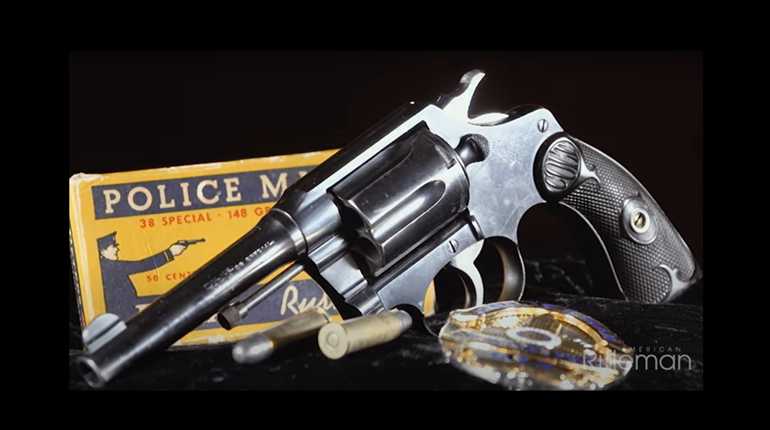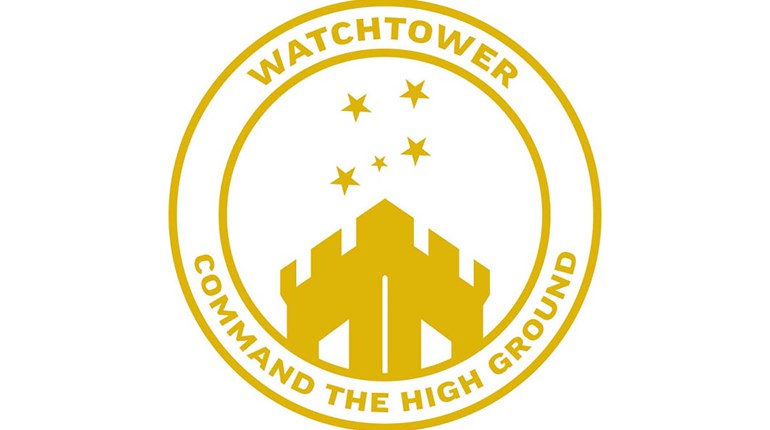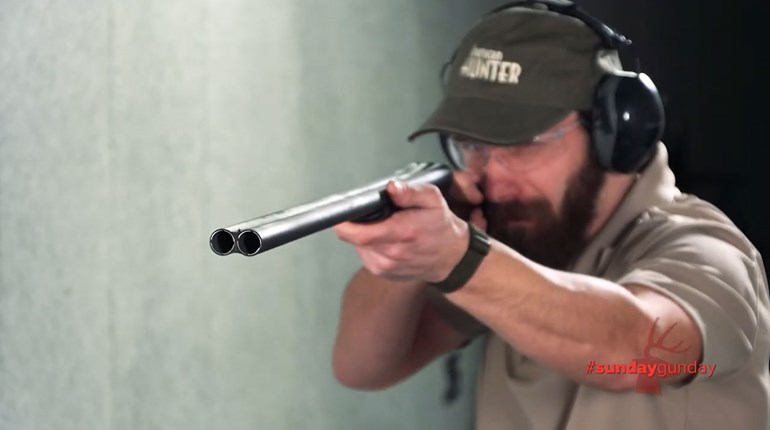You're turkey hunting, gazing down the barrel of your 12-gauge, breathing as shallowly as you can, waiting patiently for the tom to come within range. Just as he does, he flops down in the dirt and starts rolling around. You've seen your dog do something similar, but turkeys? What on earth is happening here?
The wild turkey behavior you're witnessing is called "dusting" by wildlife biologists, and the reason for it is actually pretty simple ... they're scratching an itch. Turkeys are susceptible to feather lice and other parasites, and as you may imagine, it itches. The birds are using the dust to try to sweep out those parasites, and they may even press-gang some different insects to help them out. In this episode of the National Wild Turkey Federation's "Ask Dr. Tom," you'll get to see what dusting looks like, and learn why you might want to set yourself up near an anthill if you can.
A postscript: There's also a different reason why you might see a tom turkey acting a little strangely in relation to the dirt and grass beneath his feet. That's called "gobbler stimulation," and you will only see it with male turkeys during mating season. The reason why can be found in a short video here (which is safe for work because it's about turkeys, but might be a bit much for very small kids).

